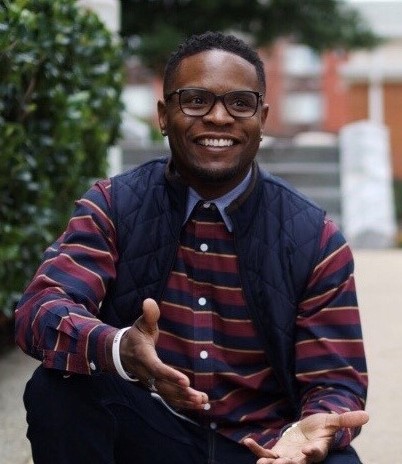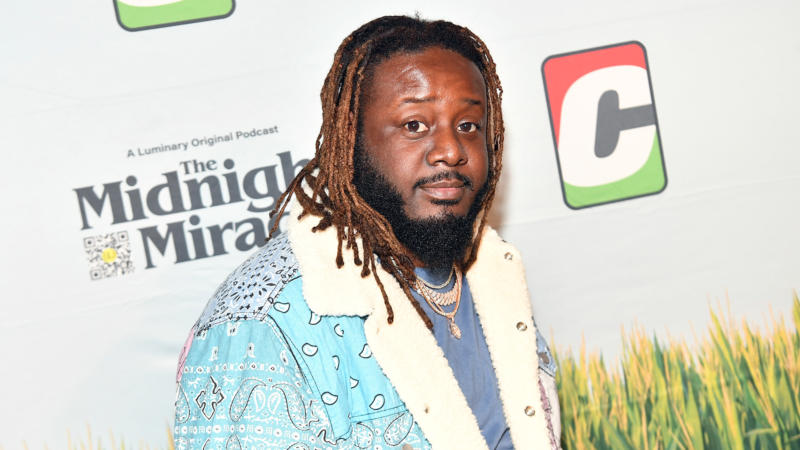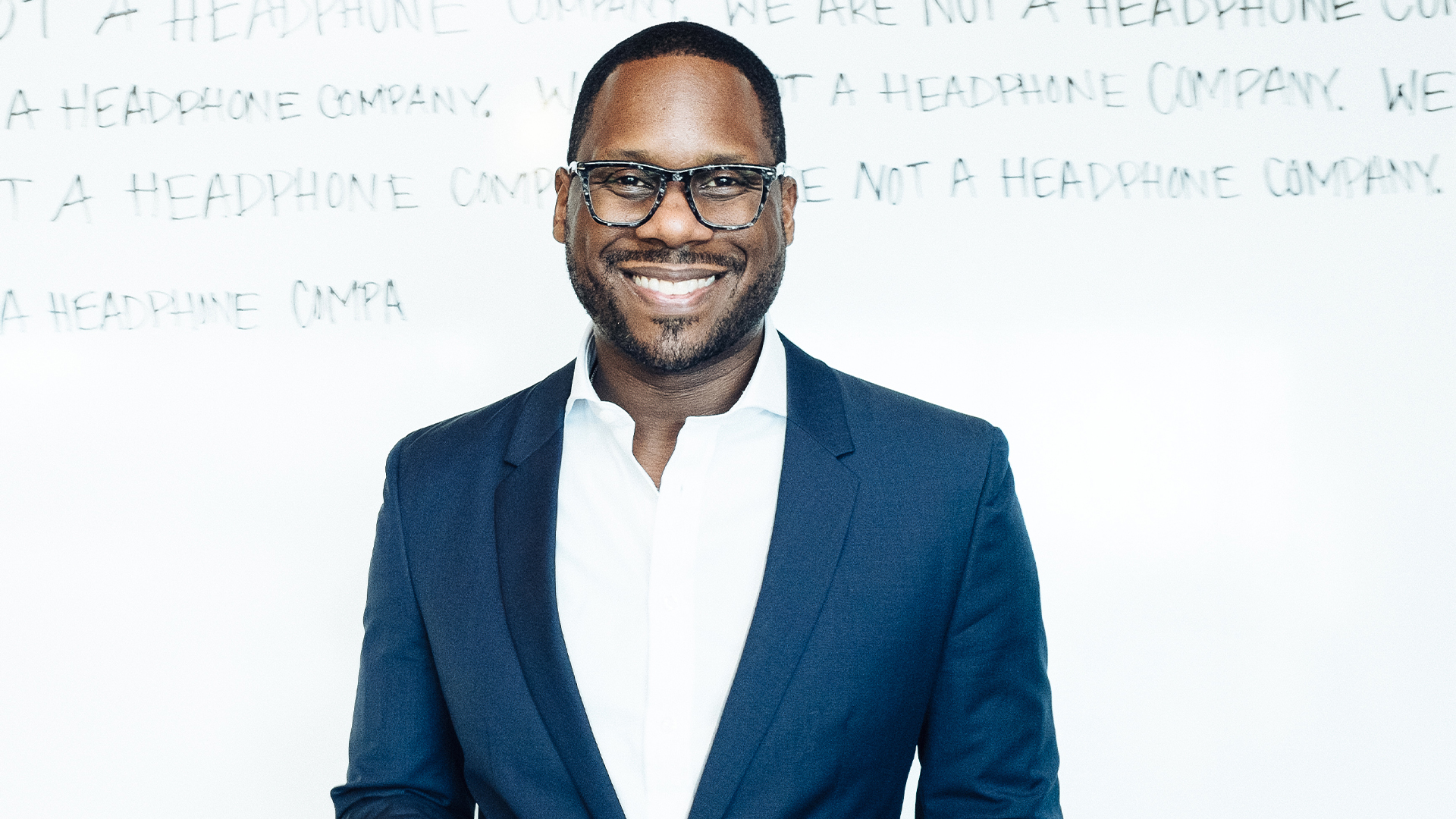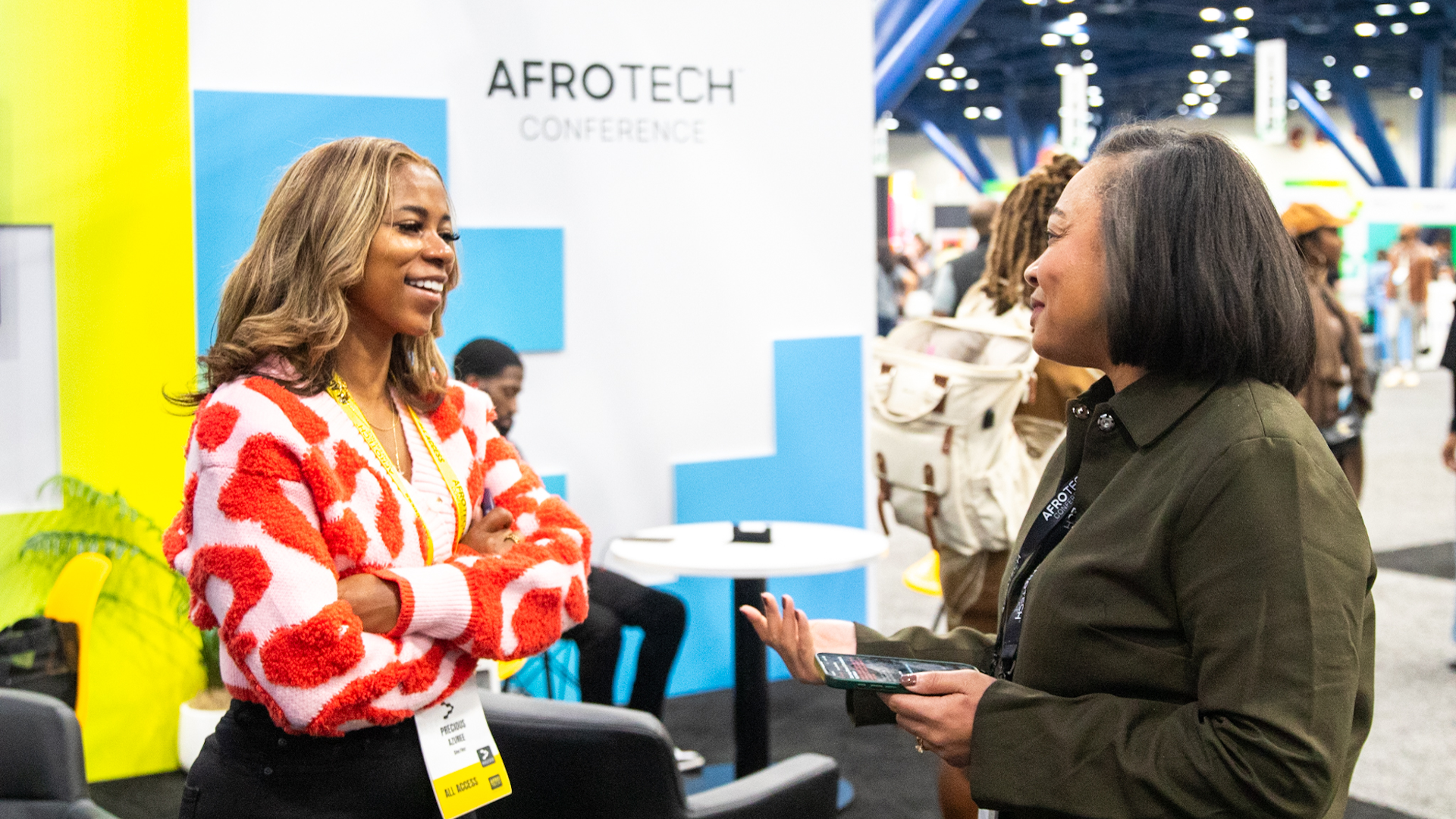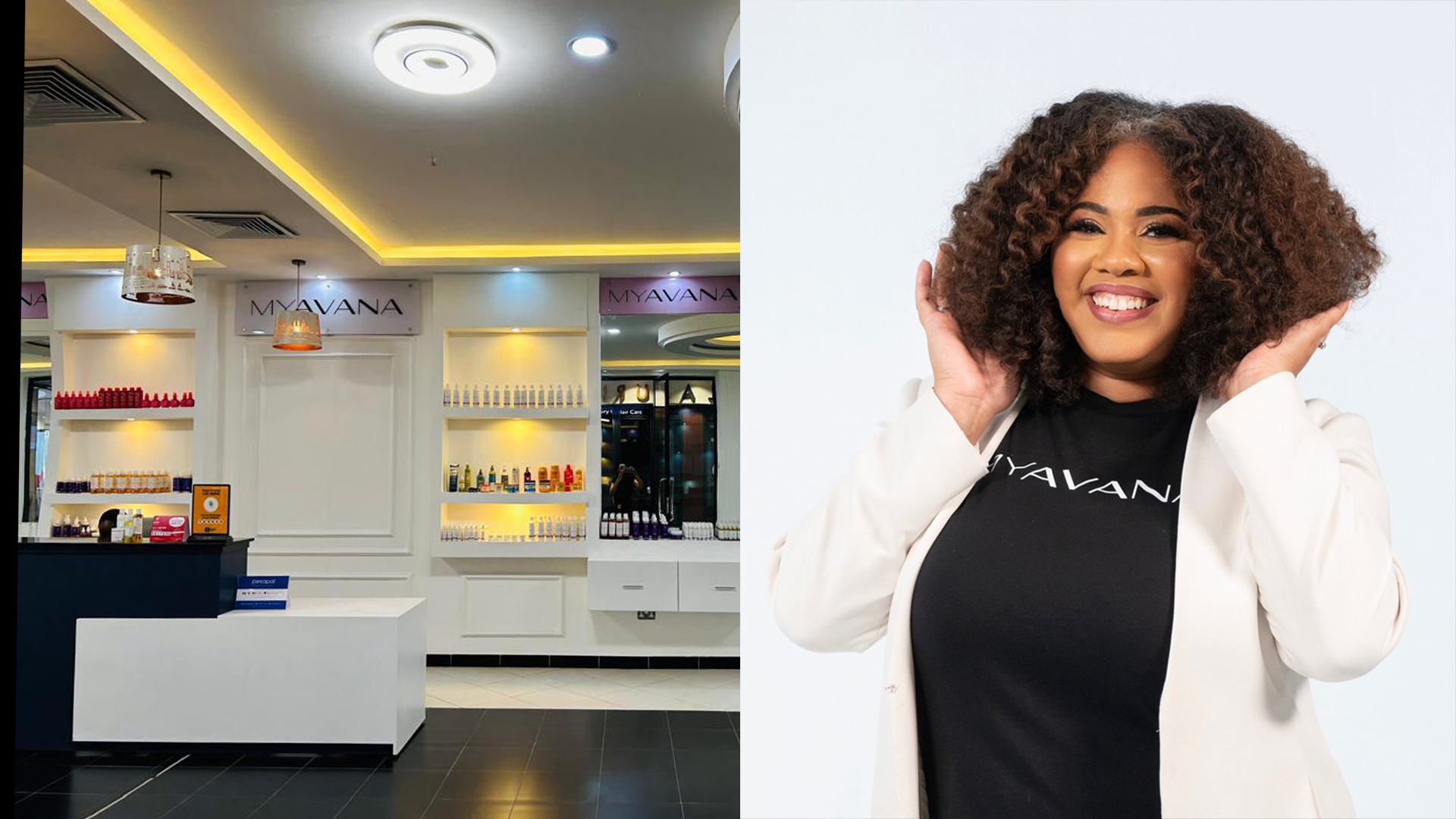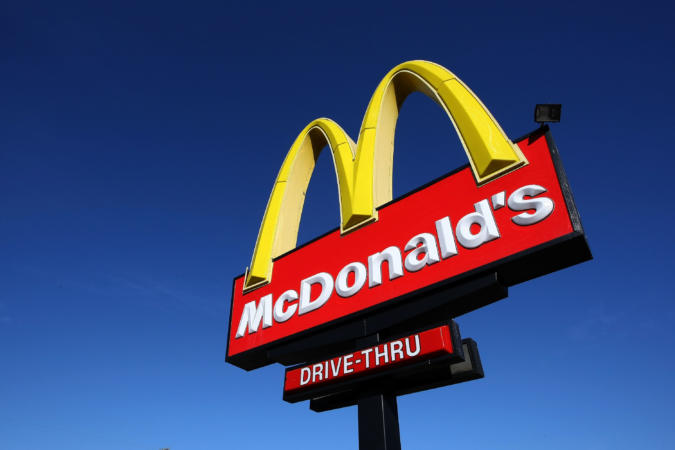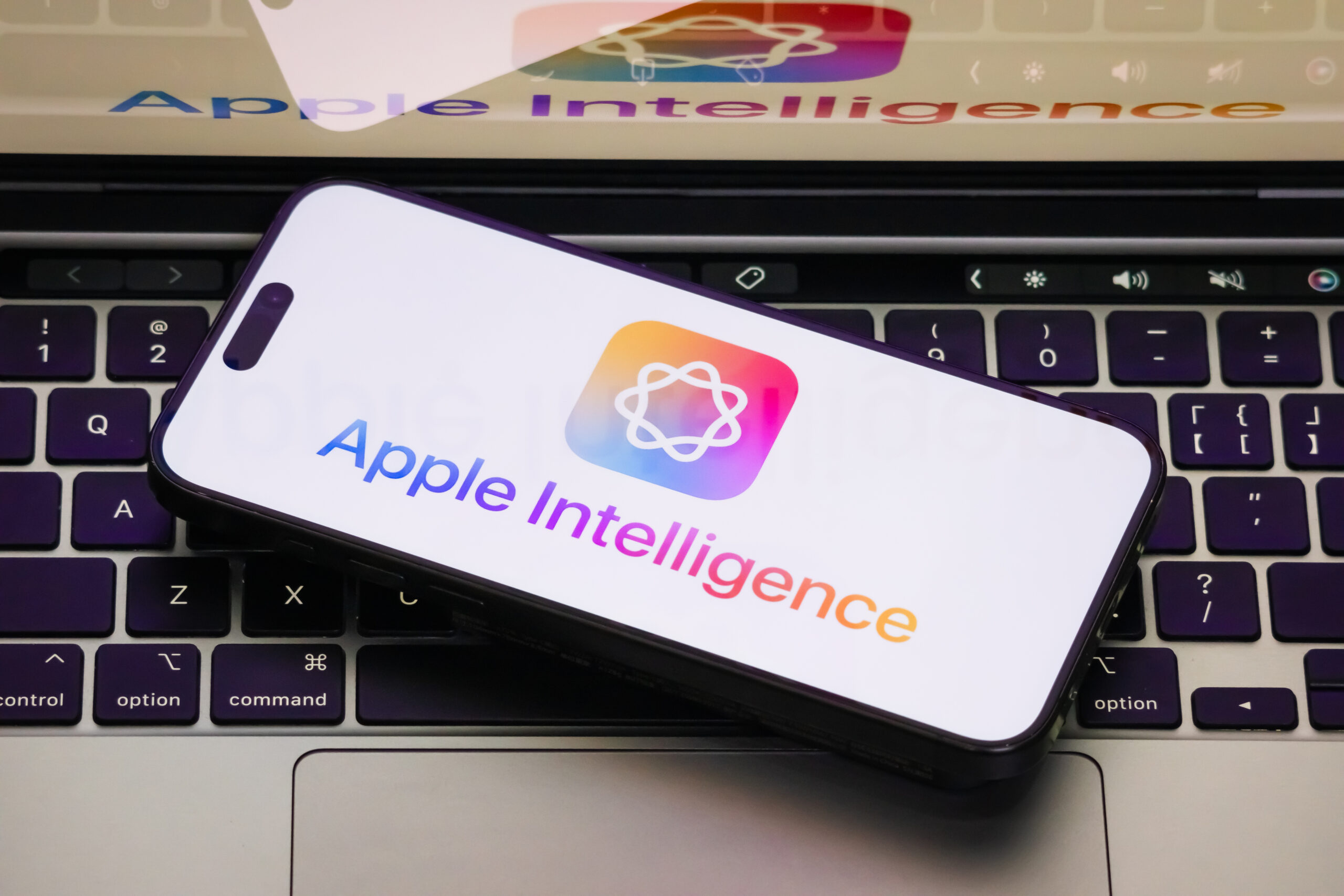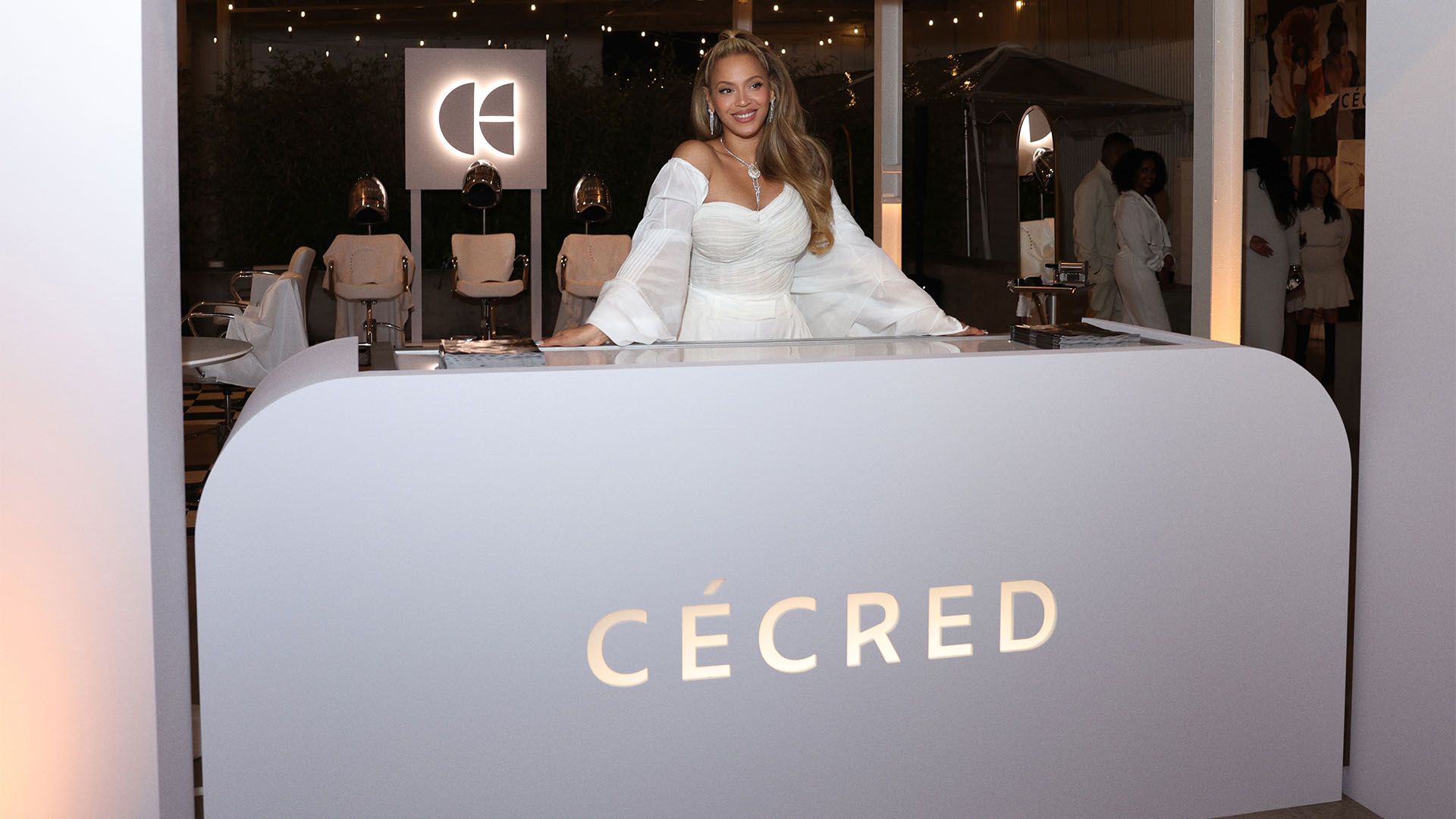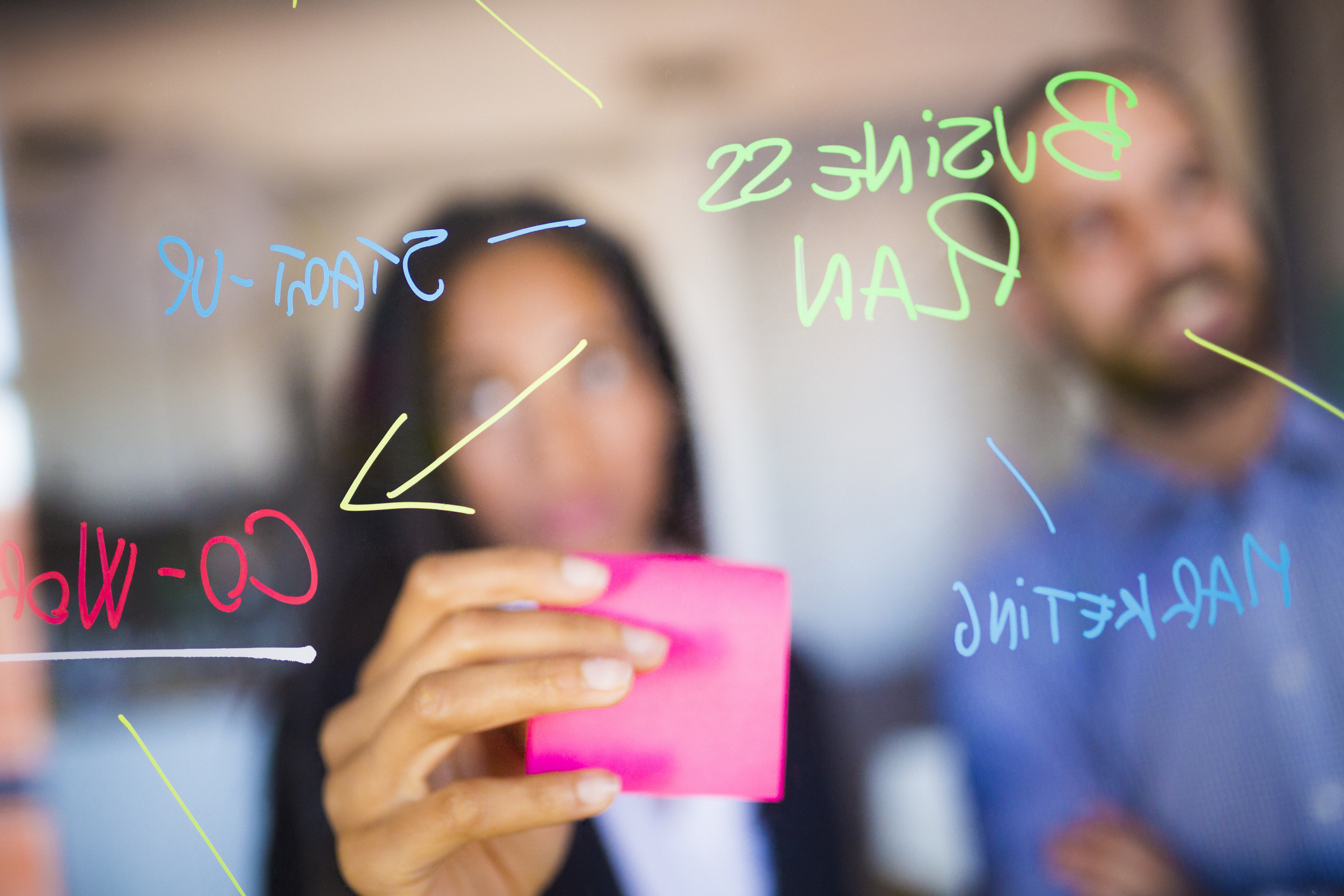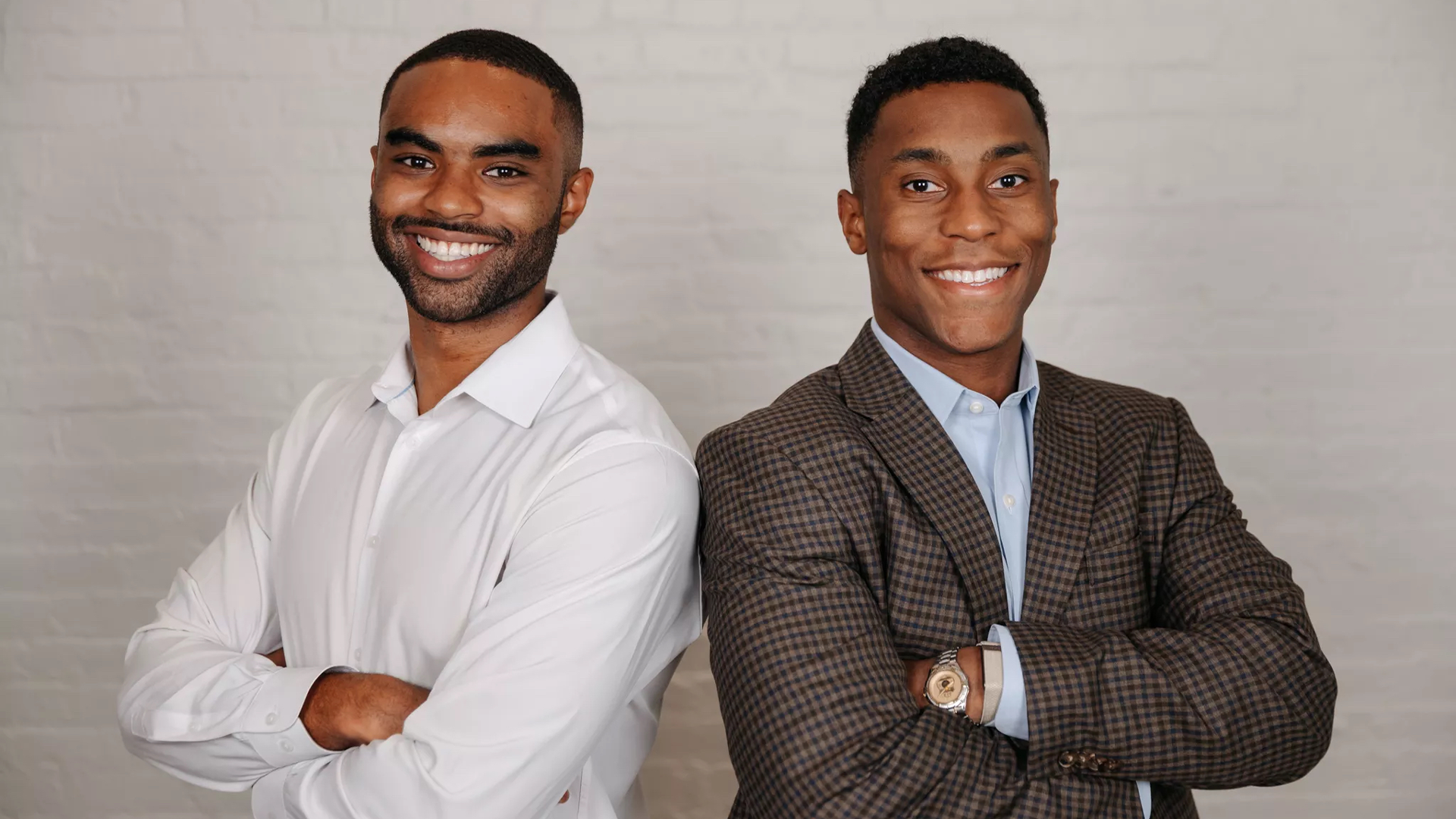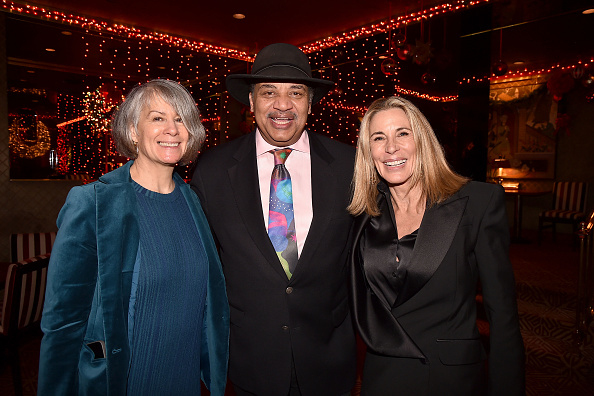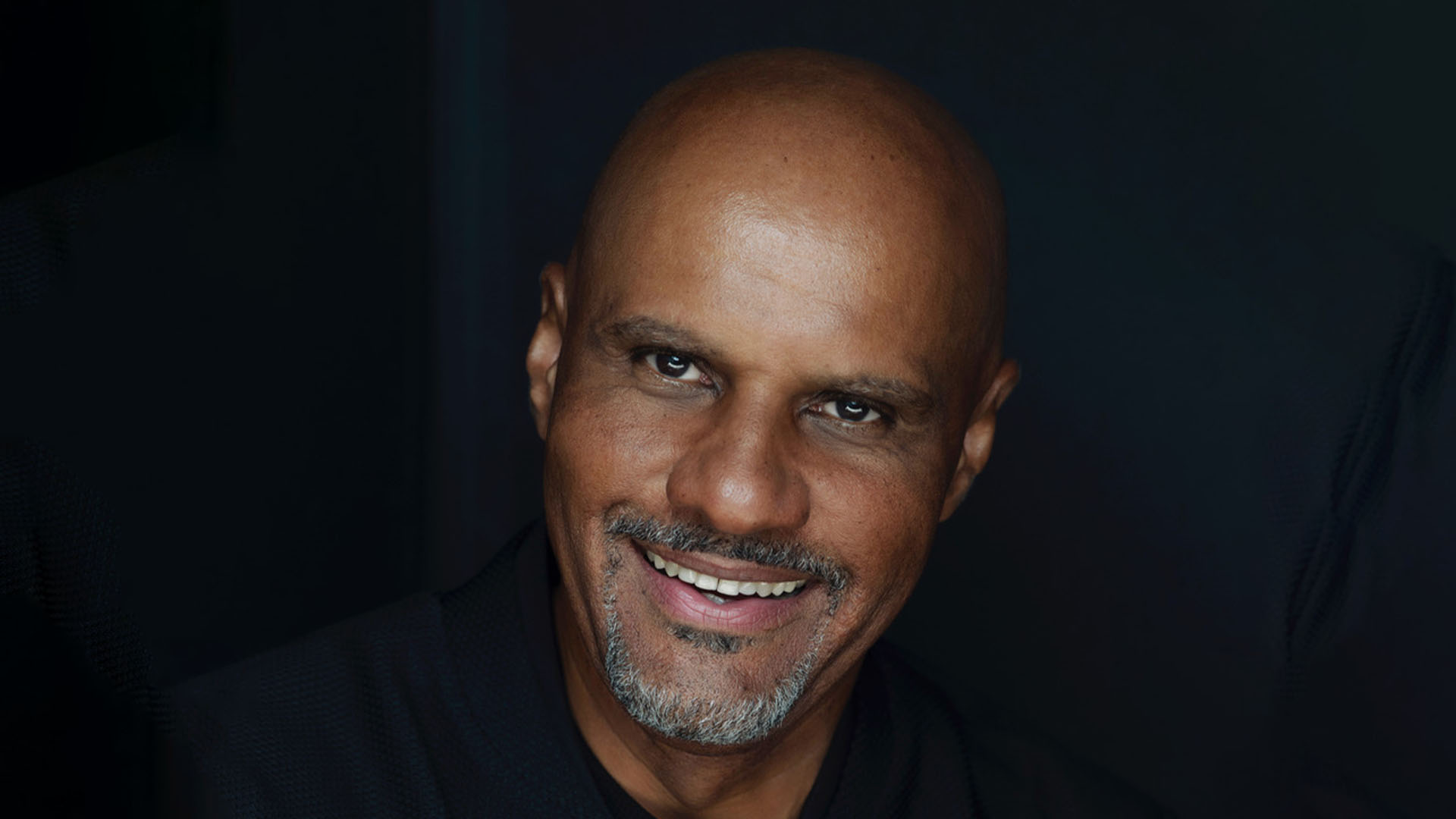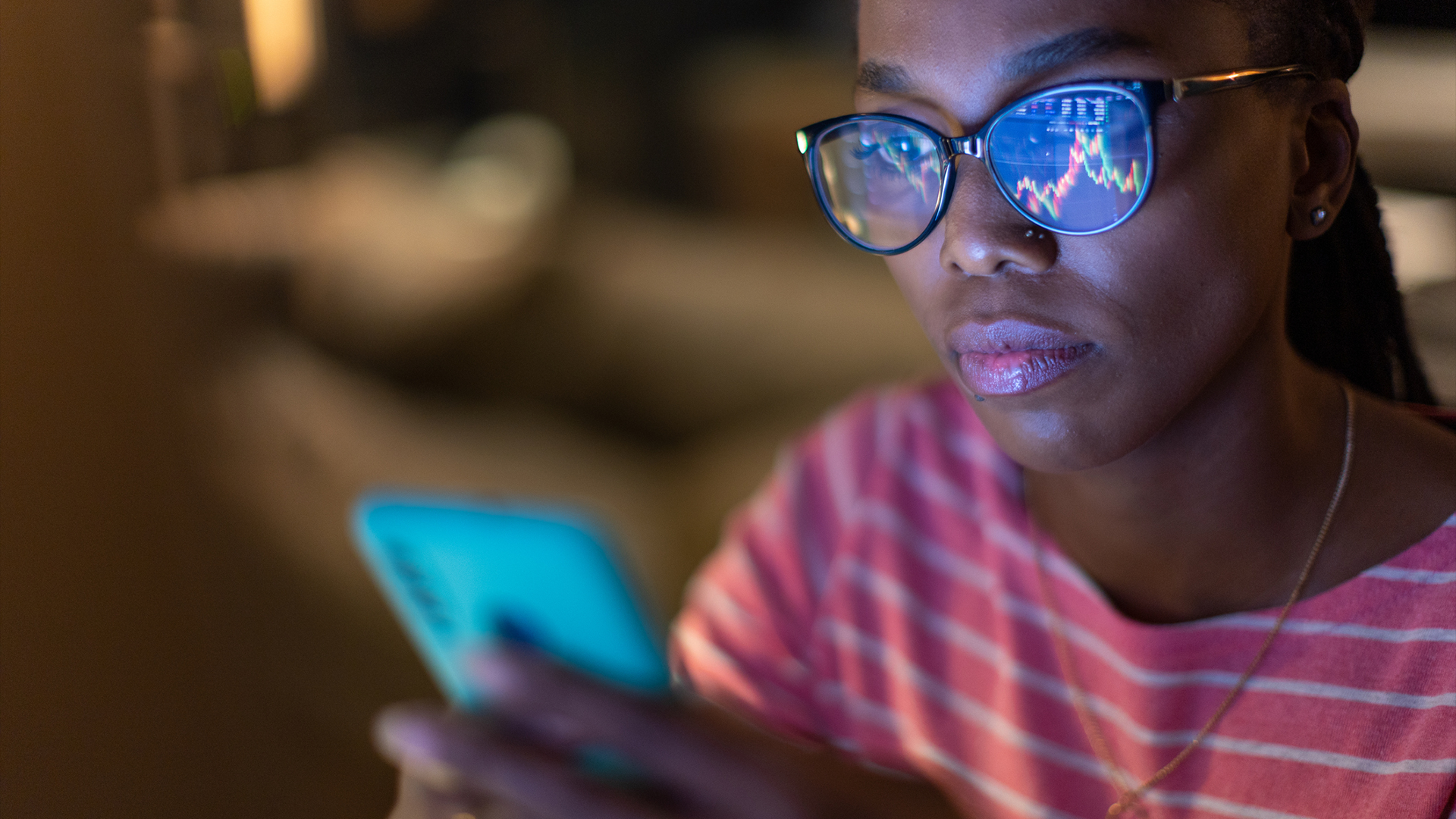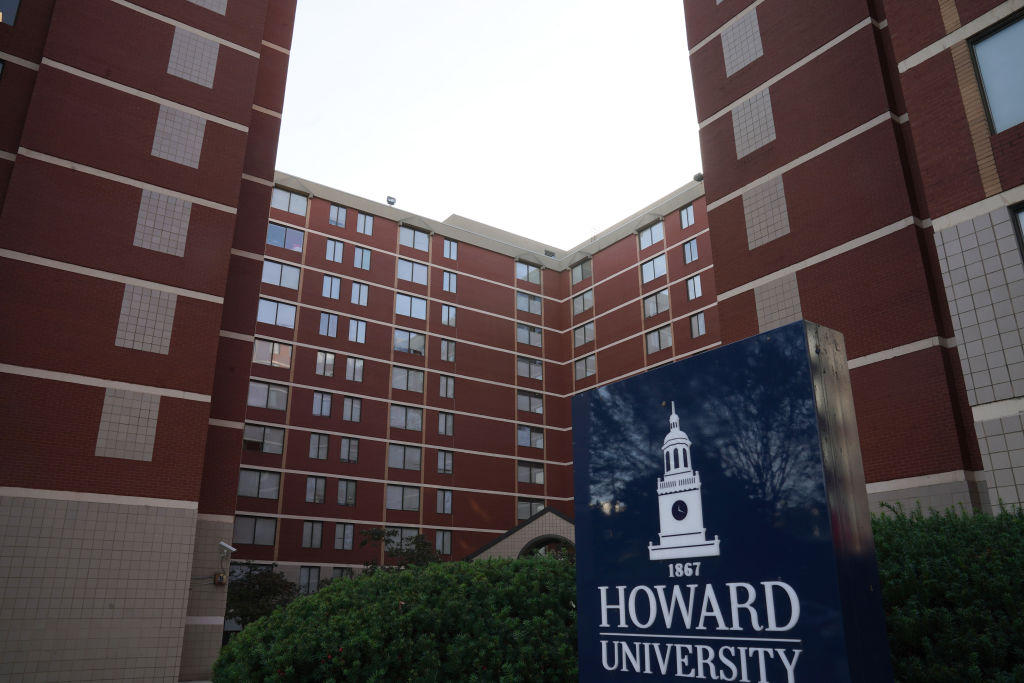A Black dollar is a powerful tool. From the popularity of fashion items in culture to the work to overcome systemic barriers, the Black community works in various ways to build, accumulate, and maintain wealth.
But in the words of Langston Hughes, “Life for me ain’t been no crystal stair.” Black people have not always had the luxury or ease of access to the tools and resources necessary to build wealth. Because of the historical and present systems that impact the ability to build wealth, there is a lack of trust in traditional banking systems. This lack of confidence has caused many Black people to be considered “unbanked,” ultimately leading to a significant disparity in financial equity.
The folks at Wells Fargo have taken particular notice of this disparity. As a part of its Banking Inclusion Initiative, the bank partnered with Black-led fintech startup MoCaFi to help alleviate the financial barriers for BIPOC community members.
AfroTech had the opportunity to speak with the CEO and Founder of MoCaFi, Wole Coaxum, and the head of Wells Fargo’s Banking Inclusion Initiative, Darlene Goins, about the work the established partnership is doing to reach the unbanked.
The Power Of Parternship
MoCaFi was founded to reimagine products and solutions for the unbanked and underbanked. And what Coaxum clearly understood is that the community disproportionately affected is the Black Community. With 20 years of experience in the banking industry, he knew that the solution to this problem had to be beyond what traditional institutions were doing.
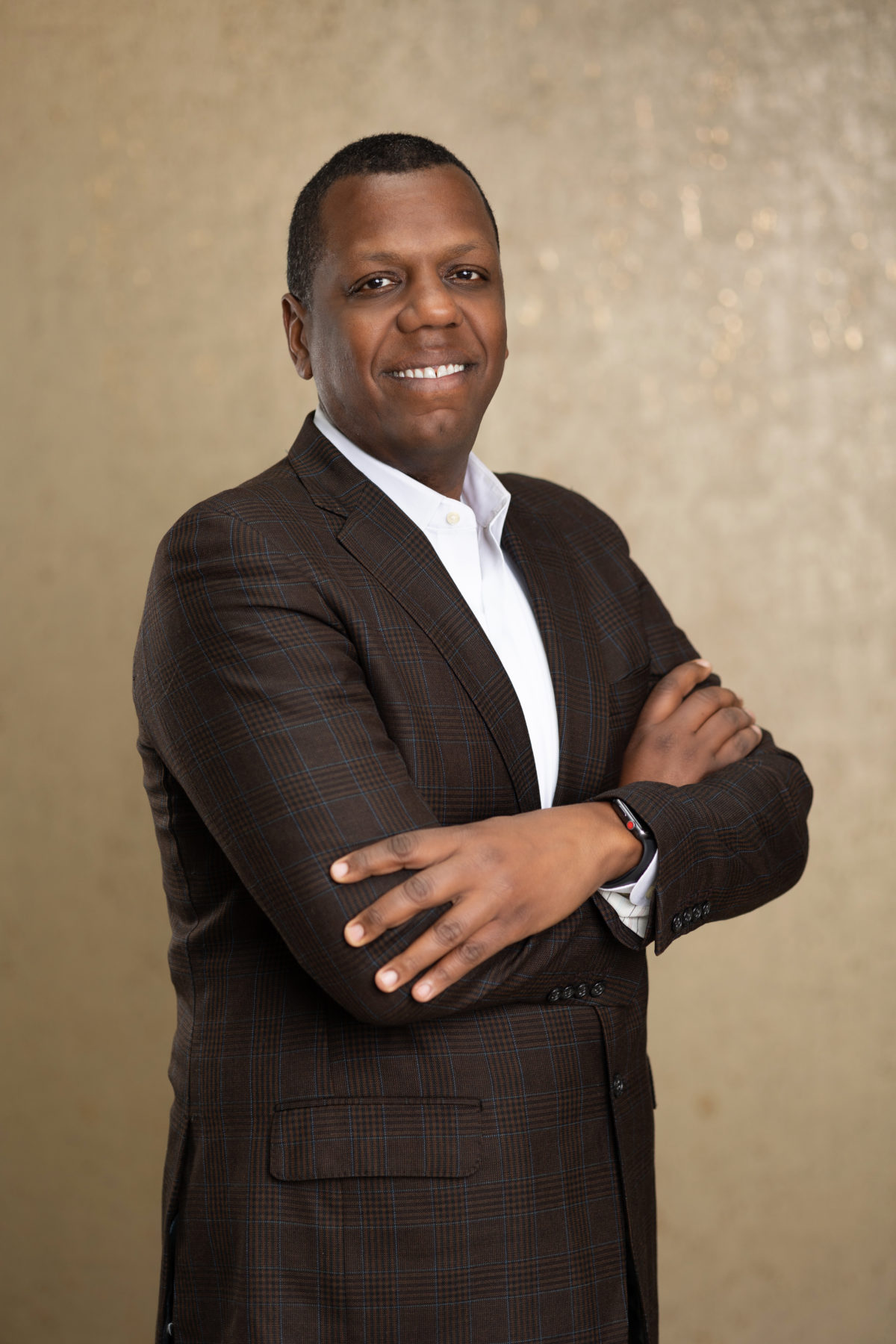
“If the banks could solve this problem, it wouldn’t be a problem, right? This means you need to come up with a new market, new paradigms, new business models, and new frameworks. And so we’ve identified that we can create sort of a chair if you will, that has multiple partners that can support the unbanked underbanked in this country,” Coaxum explained.
The partnership with Wells Fargo is a pivotal piece of the proverbial chair MoCaFi created. As a part of Goins’ leadership, the bank has a 10-year commitment to help the over seven million unbanked households in the United States. For note, those considered unbanked are individuals who do not have a checking or savings account with a mainstream bank or credit union.
“Last year, May 2021, we launched this 10-year initiative to help more individuals access a mainstream bank account, whether through Wells Fargo or another provider. We know that it’s a long-standing complex issue that we can’t solve alone,” Goins explained.
A Step Above Tradition
Providing support to the unbanked goes beyond giving people access to traditional accounts. To some degree, it also involves offering educational tools and support for people to thrive financially.
“We [Wells Fargo] are doing things like focusing on making financial education and coaching accessible to new participants in the banking system. So, one of the things that we did earlier this year was launched our relationship with Operation Hope to introduce hope inside [banking] centers.”
“We started in three markets in April, but we’re expanding to 20 markets that will serve as many as 150 Wells Fargo branches in the surrounding communities by the end of 2023,” Goins continued.
With additional partnerships with institutions like HBCUs, the Community Development Action Coalition, and the NAACP, Wells Fargo is ensuring that they are tapping into a wide range of possible relationships. Relationships like these can assist in moving their goals forward as they make equity investments and provide technical assistance to those who need it.
Tangible Impact
MoCaFi already sees a considerable impact from its partnership with Wells Fargo. A clear example is free ATM access to those who are a part of the MoCaFi platform.
“We believe that having access to our platform in Wells Fargo’s ATM network in Los Angeles has saved [people] on annualized basis fees of a couple hundred thousand dollars that people didn’t have to pay for,” Coaxum explained.

Due to the mission-based passion of MoCaFi and the size and scale of Wells Fargo, the resources and relationships with the range of collective stakeholders invested in serving BIPOC communities are helping consumers better engage with the economy.
The Future Is Bright
For MoCaFi, the bigger picture is clear — get more Black people into the financial system. And getting people involved means ensuring Black people have the readily available tools to build generational wealth. Coaxum and his team don’t see having a bank account as “the” solution but rather as a means and a starting point for wealth accumulation.
“You gotta start someplace, gotta get a bank account, gotta build your credit score. You gotta get a credit card. And, you know, for those who aspire to [experience] homeownership, let’s make that happen. [Be]cause that’s in my mind, the path to creating intergenerational wealth,” Coaxum pointed out.
Wells Fargo and MoCaFi are building what they described as an inclusive tent, an access point for everyone to get under and financially succeed. Through varied learning approaches and pilots, Wells Fargo works to be more than the traditional bank. Moreover, it’s through the continued work with organizations like MoCafi that allows them to serve the unbanked and provide solutions that level the playing field for all.

